Whether you’re new to RVing or an experienced camper, I am sure you have all faced the same problem.
You might come across toilet paper explicitly marked for RV use.
Ever wondered if it’s really necessary?
Did you go ahead and buy it anyway to be on the safe side?
Well, we are here today to get some much-needed answers. In this article, we’ll take a closer look at this paper problem. It might help you out the next time you’re shopping for the RV.
Is RV Toilet Paper Necessary?
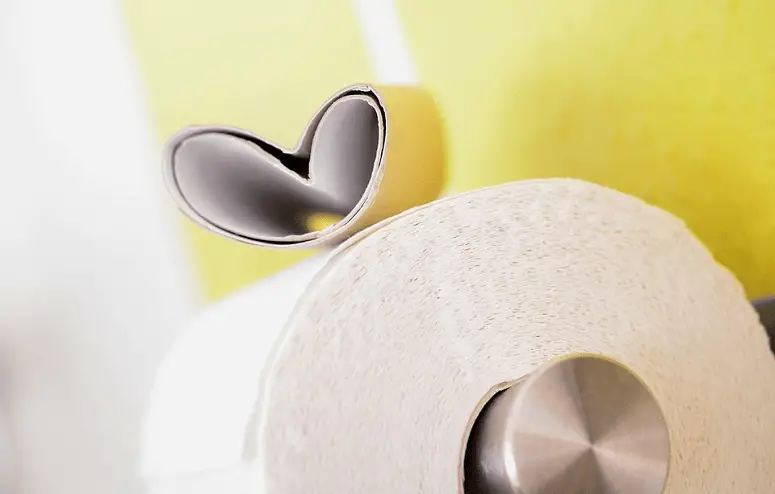
We’re going to let the cat out of the bag.
No, you do not need dedicated toilet paper marked for RV use.
Can you use any type of toilet paper? This answer is also no. You can’t go out and buy any kind of paper; there are a couple of things to consider first.
The reason why you need to use a certain type of toilet paper is that it has to be able to dissolve quickly. Let’s get more into that, shall we?
Understanding RV Sewer Systems
As many of us know, a motorhome generally has three tanks.
There’s the fresh for the clean water and a grey tank for anything that goes down the drain. Last, but not least, there’s the black tank for anything that gets flushed. The black tank is usually located right underneath the toilet.
Here, the waste is flushed straight into the tank, without having to travel through long pipes. In this way, an RV toilet is similar to an old-fashioned outhouse or a port-a-potty.
There are exceptions to the above, though. In RVs with the toilet located in the rear, the waste has to “travel” through pipes to the black tank.
The problem is an RV isn’t like a house—the pipes usually run horizontally, not down. As you can imagine, solids and paper can have a hard time getting through. Especially if you and your family had a plentiful breakfast—enough about that!
One good thing is those rear bathrooms are usually fitted with a pump-style toilet, also known as a macerator toilet.
These types of toilet use more water to pump the flushed waste from the commode, through the pipes and into the tank. This is also why these types of RVs aren’t the best choice for boondocking campers.
An RV system is very similar to that of a regular sewer system. You have to be mindful of what goes down the toilet and into the tank. You want things to move along smoothly.
Otherwise, your pipes or tank could get clogged or you could get incorrect readings from the black tank meter. Using toilet paper that dissolves quickly is the best thing you can do. But it doesn’t have to be explicitly marked for RV use.
Is There Anything Else I Can Do To Prevent Problems?
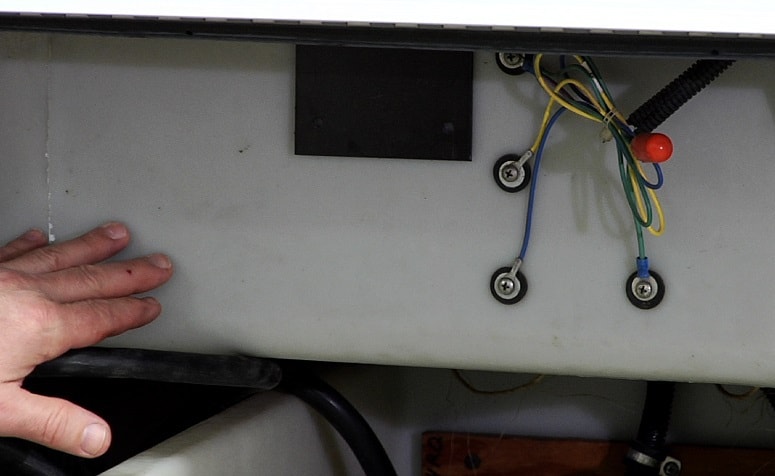
One of the most important things you can do is to leave the valve for the black tank closed. Keeping it closed (whether or not the RV is hooked up) will hold water in the tank.
When there’s water in the tank, the solid waste won’t dry up or stick to the surface. It will also help things to move along smoothly. A good time to dump the tank is when it is at least half full.
You don’t have to worry as much about your grey tank. This one can be left with the valve open when hooked up. The grey tank only holds liquids, therefore, the chances of something getting stuck is very minimal.
I also recommend investing in a high-quality black tank treatment. It contains biodegradable properties that are safe for septic systems.
Something like this should be used every time you empty or clean out the tank. It will help to break down any “leftovers” that haven’t dissolved completely.
Another thing to keep in mind is the amount of toilet paper you are using. Often, we can get a little carried away, or simply don’t think about it, while rolling out the paper.
Limiting your use is important. You don’t have to cut way back, just be mindful. Even if you are using a one-ply roll, or paper marked for RVs, using too much in one time can create a blockage.
RV-Specialized Toilet Paper 101

Toilet paper made specifically for RV use is fast dissolving. It will be marked clearly “for RVs,” or “safe for sewer systems,” or something similar.
This type of toilet paper is usually available at camping supply stores, retail stores, and RV dealers. Walmart also carries a few brands.
But, the thing is, as long as the toilet paper is safe for a home septic system, it will be safe for the RV.
The only problem with dedicated, RV-safe toilet paper is that it’s pricier than other rolls. If you want to be on the safe side, keep using the RV toilet paper.
But if you’re on a budget, you can save a few bucks by buying a “safe for sewer systems” roll at the grocery store instead.
Ideally, the toilet paper you use in the RV is one-ply. Although, you can safely use a quick-dissolving two-ply roll as well.
How To Test Your Toilet Paper
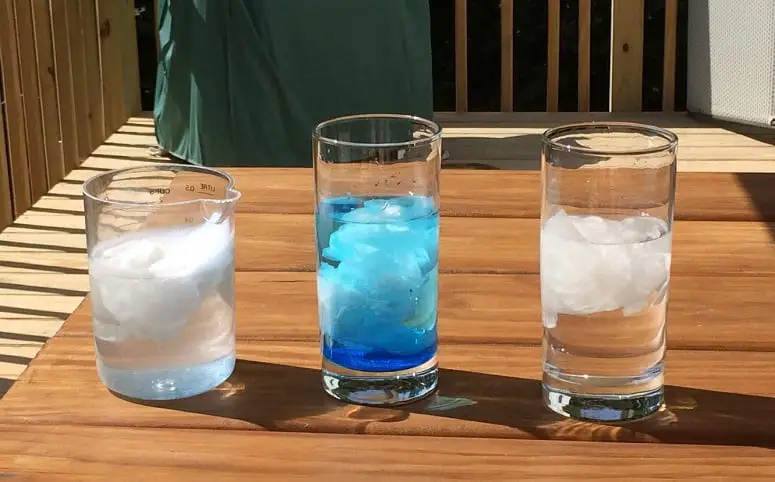
You might want to use your at-home toilet paper in your RV, but you should test it out beforehand. There’s a super simple way to check if your paper will be safe for your RV. Here’s what you need:
- A jar or bottle – it has to be at least 10-oz and preferably with a lid.
- Water.
- Toilet paper.
First, fill the jar or bottle halfway with water. If you don’t have a jar or a bottle, use a glass. Put one or two sheets of toilet paper into the water.
Close the jar or bottle using the lid. Next, shake for five to ten seconds (this is a little harder if you’re using a glass!)
Did the paper dissolve? If there are still large pieces of paper left in the water, it won’t be safe for your RV.
Note: Shaking the jar or bottle more will dissolve most toilet papers, then the test won’t be valid. If your paper doesn’t disintegrate, try again with a different brand.
If you still want to go for a dedicated RV toilet paper, I suggest something like Scott Rapid-Dissolving. Or, if you don’t mind using something that isn’t marked for RVs, Seventh Generation uses recycled paper and is safe for RV use.
Toilet Paper To Avoid
Now that we know how to test the toilet paper, it might be useful to know which rolls to avoid. As we said before, you should always go for a one-ply, or maximum two-ply, since these will dissolve more rapidly.
Three-ply rolls should always be avoided. One specific brand that is known to be a big RV no-no is Quilted Northern Soft & Strong.
Although this paper is soft, thick, and feels like you’re wiping yourself with a cloud, it will turn to mush instead of dissolving, and this could clog up your pipes and tank.
Alternative Ways To Dispose Of Toilet Paper

At RV seminars, rallies, or shows, you might come across alternative ways to dispose of your toilet paper.
To be clear, it’s used paper we’re talking about here. Some people feel that it’s unsafe to flush any paper down the toilet, even those rolls marked as RV safe.
Why? Some don’t know it’s okay to flush the paper. Others say that they don’t trust their black tank. Others still find it unsanitary to have used paper in the black tank.
So, what do they do with the toilet paper? Simply place the paper in a bin or garbage bag and then throw it out with the trash. Some will even go as far as to burn the used paper.
But is this really necessary? No, it’s not. If you want to do it this way you certainly can. But, if you’re unsure, or on the fence over this flush-or-stash issue, let me tell you, don’t waste your time.
The toilet is created to flush down everything (solids and paper). And the black tank’s system is made to hold the waste. A problem is very unlikely to occur so long as you’re being mindful of paper use and ply.
In saying that, minor clogs or misreadings from the monitors can occur. But these are usually quick fixes. It’s important to use plenty of flush water to get everything passed through. Plenty of water will also help to dissolve toilet paper quicker.
The Final Flush
Remember, before you go camping, test out a few of your favorite toilet paper brands. You might be surprised by the results. You don’t need to limit yourself to dedicated RV brands.
These will undoubtedly be more expensive and are sometimes more difficult to find.
Never ever leave your black tank valve open. Things will dry up, stick and will require much more thorough cleaning. In the worst case scenario, you’ll have to change the whole tank.
Do you usually buy specialized toilet paper? Have you got a ‘home’ brand that works just as well? Leave a comment below and share your thoughts!


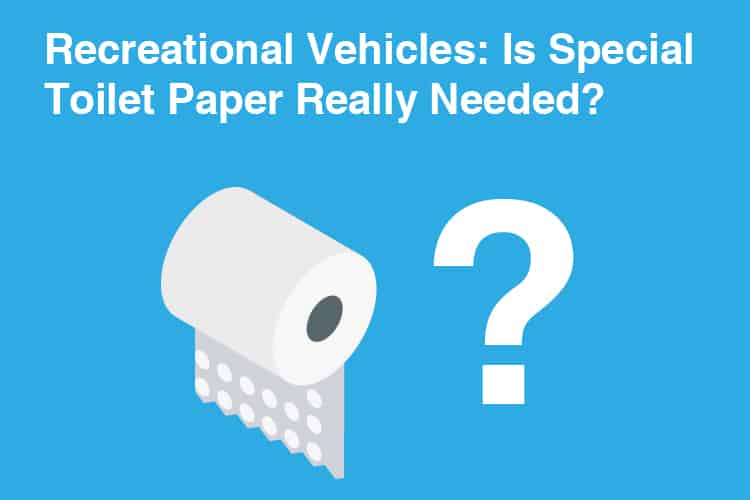
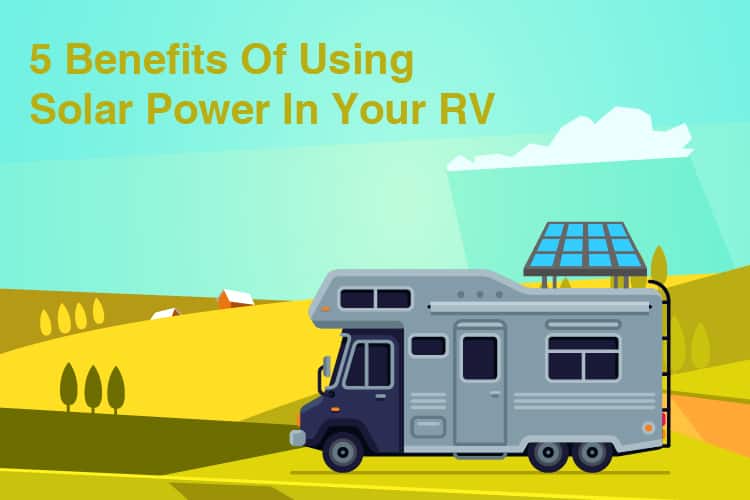
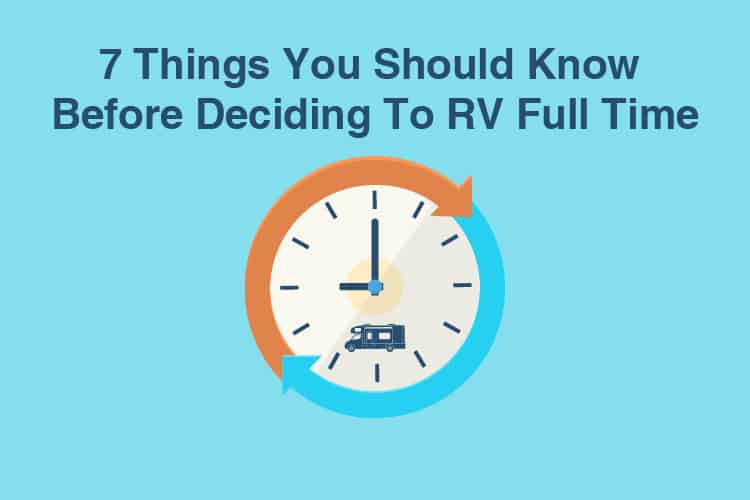
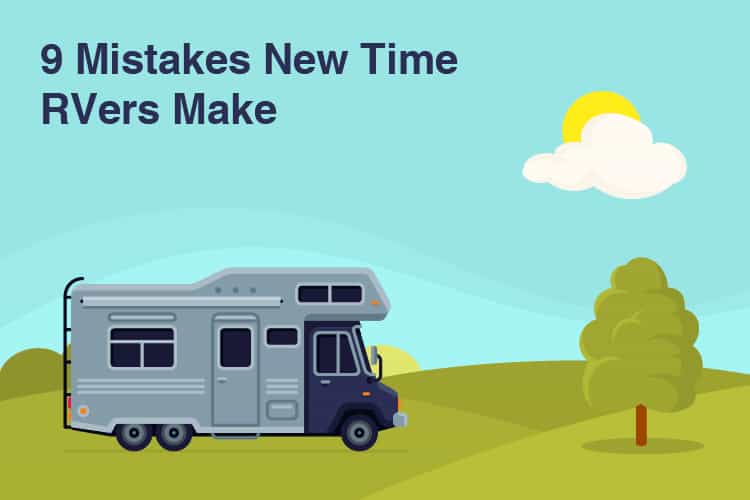
Thank you very much…first time RV owner